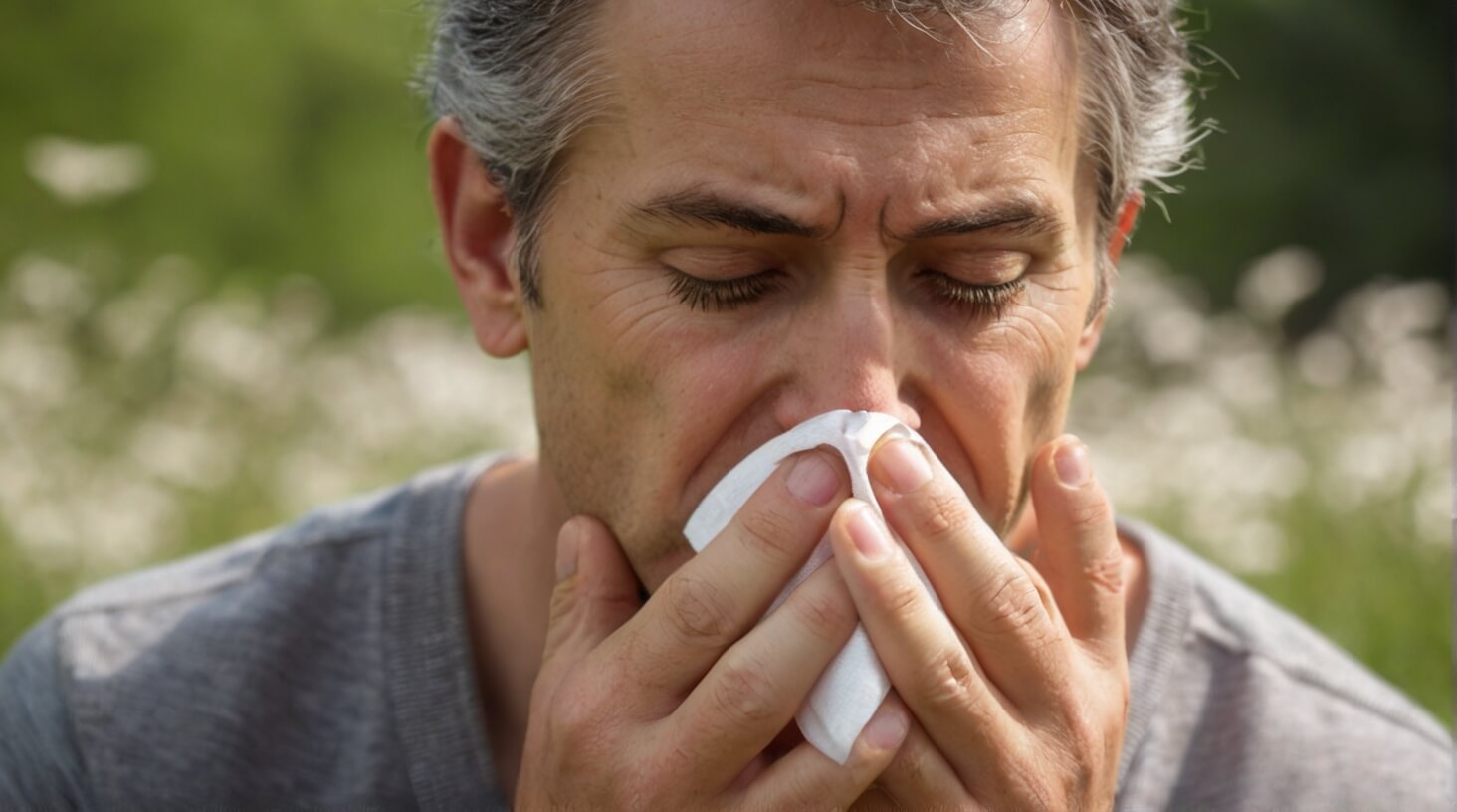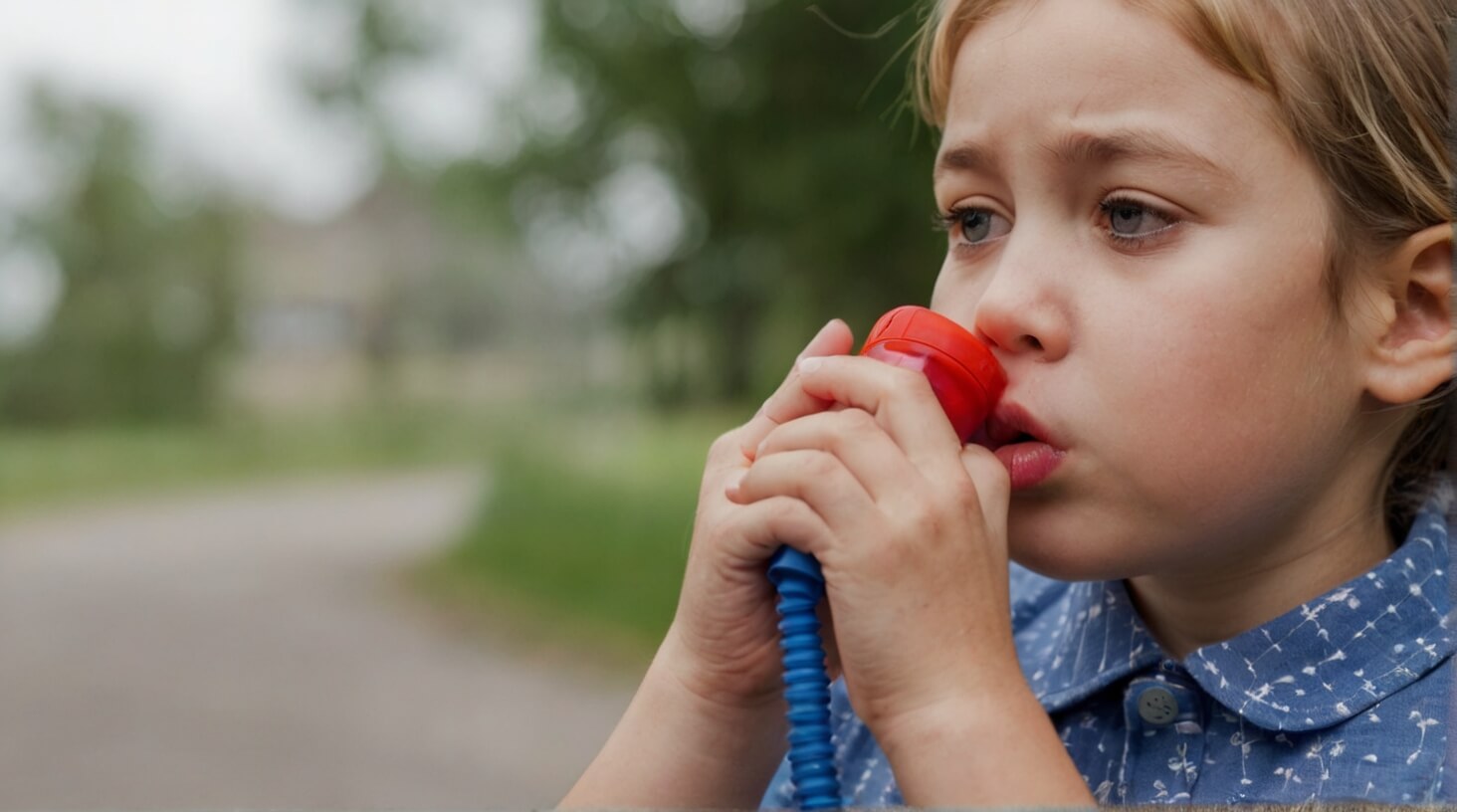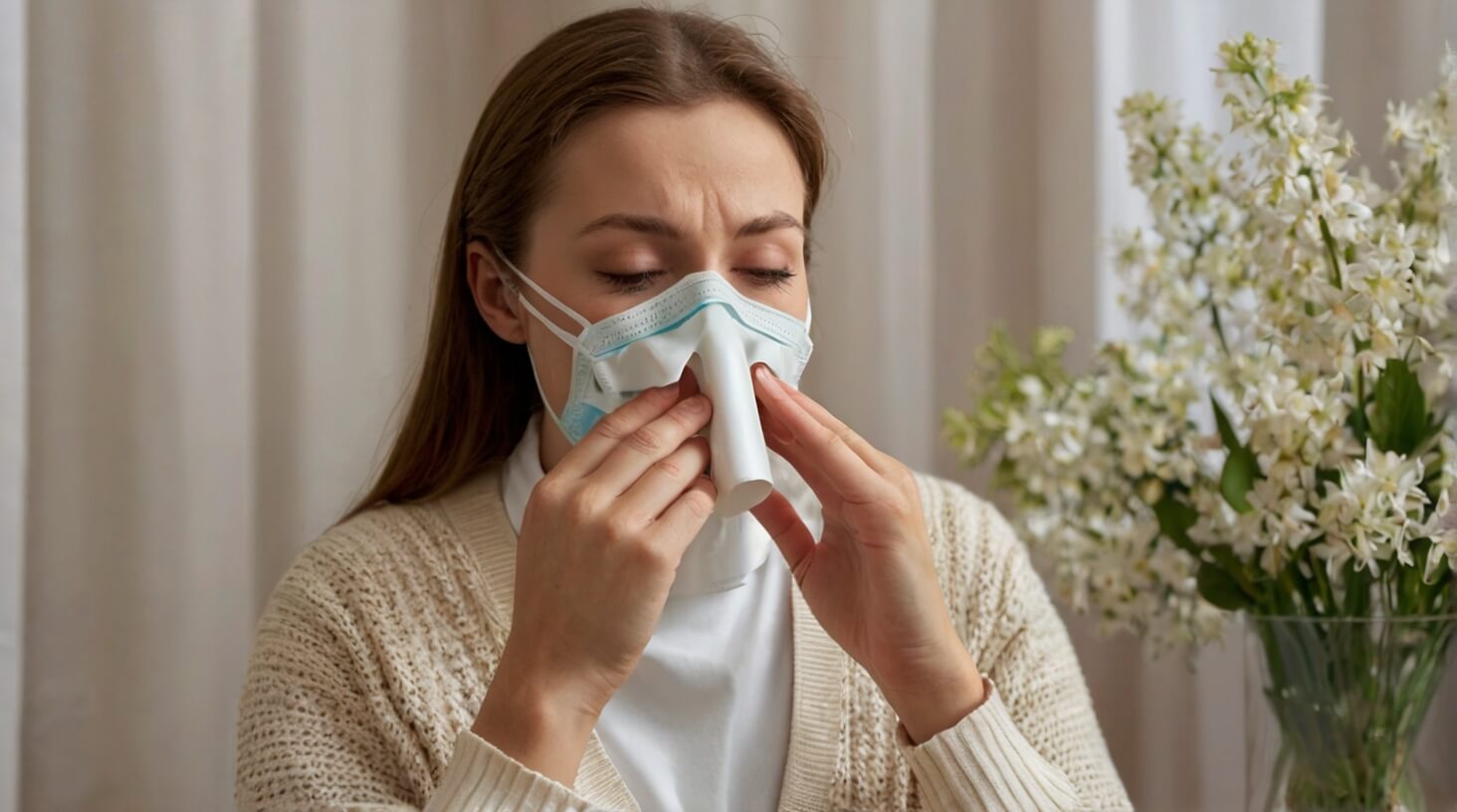Do you or someone you know have allergies or asthma? These conditions can make life difficult because they cause uncomfortable symptoms that can be hard to handle. But what are allergies and asthma, and why do they happen? In this article, we will explore the causes, symptoms, diagnosis, treatments, and ways to prevent these conditions. We will look at their connection and ways to cope with them. By understanding more about allergies and asthma, we hope you can manage your symptoms better and have a better quality of life.
What is Allergy?

Allergy is when our body’s immune system reacts too much to something that is usually harmless. Allergies happen because our bodies think harmless things are dangerous. They release chemicals called histamines that make us feel uncomfortable. Allergens, like proteins in food, pollen, dust mites, pet dander, or certain medicines, are the things that can trigger allergies. Some people are more sensitive to these allergens than others. When contacted with causes, people with allergies may have symptoms like rashes, itching, sneezing, or stuffy nose. In some cases, allergies can be serious and cause a dangerous reaction called anaphylaxis. It makes it difficult to breathe and can be very dangerous.
Doctors can find out if someone has allergies by looking for signs like redness or swelling where the allergen touched the body. They can check if the person has wheezing from asthma when they come into contact with something they’re allergic to. They can do skin tests, where they put a small amount of the potential allergen on the skin and prick it to see if there is a reaction. Doctors can use blood tests to look for specific antibodies related to certain allergens.
Treatment for allergies includes avoiding the things that trigger allergies as much as possible. Sometimes, doctors might suggest a special treatment called immunotherapy. This means getting allergy shots over time to help the body get used to the allergen and not react as much.
What is Asthma?

Asthma is a condition that can make it hard to breathe and cause other symptoms like a tight chest, wheezing, coughing, and shortness of breath. Things like allergens, exercise, stress, cold weather, or certain medications can trigger asthma. It’s important to know your triggers so you can avoid them and take medications to help with breathing when needed.
For people with allergies and asthma, it’s important to avoid allergens to control both conditions. Allergies happen when the immune system overreacts to harmless things like dust mites, pet dander, or pollen. Allergies can trigger asthma symptoms like coughing or wheezing. Knowing your specific triggers can help prevent flare-ups and manage your conditions better.
Working with your doctor is important for diagnosis and treatment. They can help you recognize signs and provide guidance on managing any episodes that may occur despite precautions.
Causes of Allergies and Asthma
Allergies and asthma can happen because of allergens, stress, cold weather, and certain medications. They occur when the immune system overreacts to these triggers. Some common triggers include pollen, pet dander, dust mites, mold spores, and other things in the air. Stress can also make allergies worse and cause breathing problems. Cold air can be irritating for people with asthma and certain medications can trigger asthma attacks. Doctors need to work with patients to create treatment plans to manage their symptoms and avoid triggers.
Symptoms of Allergies and Asthma
If you experience sneezing, coughing, wheezing, itchy eyes, or skin rashes, it could be a sign of allergies or asthma. These conditions can cause uncomfortable symptoms, and it’s important not to ignore them. Allergies and asthma have similar symptoms but different causes. Common signs of allergies include watery eyes, a runny nose, sneezing, and swelling in the face or throat. Asthma can cause chest tightness, difficulty breathing, and coughing.
Some people may have both allergies and asthma, known as “allergic asthmatic” syndrome. If you continue to experience symptoms even if you are avoiding the causes, it’s best to see a doctor for a proper diagnosis through medical testing.
| Common Signs/Symptoms | Allergies | Asthma | AAS |
| Runny Nose | Yes | No | Yes |
| Itchy Eyes | Yes | No | Yes |
| Coughing | No | Yes | Yes |
| Wheezing | No | Yes | Yes |
Diagnosing Allergies and Asthma
To find out if you have allergies or asthma, doctors use different tests. Doctors might ask about the things around you, like plants, pets, dust, mold, or dirty air, to see if they might be causing your symptoms. They might check the air quality around you and see if any changes in temperature or humidity could be affecting your health.
For allergies, they might do a skin test where they put a tiny bit of allergens on your skin to see if it causes a reaction. They might do a blood test to check for specific antibodies related to allergies.
If you have trouble breathing or other symptoms of asthma, they might do a peak flow meter test to see how well your lungs are working. They might also use a spirometry test to measure how much air you can breathe in and out.
Once they know what’s causing your allergies or asthma, they can create a plan to help you feel better and reduce your symptoms.
Treatments for Allergies and Asthma

Once you know what’s causing your allergies and asthma, there are many ways to treat them and help you feel better. The two main ways to treat allergies and asthma are through medication and by avoiding things that trigger your symptoms.
- Medication: Doctors can give different medicines to help reduce the symptoms of allergies and asthma. Some common medicines include antihistamines, decongestants, corticosteroids, and bronchodilators. It’s important to talk to your doctor about any potential side effects these medicines might have.
- Avoiding Triggers: knowing things in your environment that make your allergies or asthma worse is important. These triggers can be things like dust mites, pollen, mold, pet fur, certain foods, smoke, or air pollution. Avoiding these triggers or using a special filter at home can help you feel better and have fewer symptoms.
- Lifestyle Changes: Making healthy choices can help manage allergies and asthma. Regular exercise, practicing yoga, eating a healthy diet, and finding ways to manage stress can all make a difference in how you feel. These changes can help you live a normal life and keep your symptoms under control.
Remember, everyone’s allergies and asthma are different, so it’s important to work with your doctor to find the best treatment plan for you. With the right treatments and lifestyle changes, you can manage your allergies and asthma and live a happy, healthy life.
Prevention of Allergies and Asthma
Living with allergies or asthma doesn’t have to be hard – there are things you can do to stay healthy and feel better. Some things that can help are:
- Avoiding triggers: Pollen, air pollution, and pet fur can make your symptoms worse. Stay inside when the pollen count is high, wear a mask in polluted areas, and keep your home clean by vacuuming and using an air purifier.
- Exercising and staying calm: Regular exercise and finding ways to relax can improve your breathing and health.
- Taking preventive measures: By doing these things, you can reduce the chances of getting allergies or making them worse. It’s important to take care of yourself and stay safe.
Remember, you’re not alone in dealing with allergies or asthma. Talk to your doctor for more advice and support. With these small changes, you can have a happier, healthier life.
Frequent-Asked Questions
Are allergies and asthma related?
Allergies and asthma have a connection. Things like dust, pollen, or pet fur can trigger allergic reactions in people with asthma, which can make their symptoms worse. It’s also important to know that managing stress and anxiety can help make symptoms of both allergies and asthma less severe. To take care of allergies and asthma, it’s important to be aware of your surroundings, make changes to your lifestyle, and find ways to relax. By doing these things, you can make your symptoms more manageable and feel better.
Can we cure allergies and asthma?
Well, the good news is that there are treatments available to help manage and even cure the symptoms of allergies and asthma. One important approach is to avoid allergens and reduce exposure to things that trigger your allergies or asthma. While it may not work for everyone, following these can reduce your symptoms and provide relief from ongoing discomfort. So, don’t lose hope – relief is possible!
Is there a genetic component to allergies and asthma?
Scientists have found that genes and the environment both play a role in these conditions. Some people may have genes that make them more likely to develop allergies and asthma, but it’s not only about genes. Environmental factors like pollen or pet dander play a big part. Both genes and the environment work together to influence the development of allergies and asthma.
What are the long-term effects of allergies and asthma?
You may not know this, but allergies and asthma can affect your body in the long run. Things like dust mites, pet dander, pollen, or mold can make your allergies worse and make it harder for you to breathe right away. But over time, these things can increase your chances of getting other health problems. Changing your diet can sometimes help with the symptoms by reducing inflammation caused by certain foods. So it’s important to figure out what you’re allergic to and make changes to your diet to help reduce the effects of allergies and asthma as time goes on.
What lifestyle changes can help reduce the symptoms of allergies and asthma?
Making changes to your daily routine can help reduce the symptoms of allergies and asthma. One important step is to avoid things that you know make your allergies or asthma worse, like dust mites, pet dander, pollen, smoke, mold, and chemicals. Keep your home clean by vacuuming often with a vacuum that has a special filter and use damp cloths when you dust. If you have pets or have been outside around things that bother you, take a shower when you come inside and wash your clothes. You might want to get an air purifier with a special filter to help clean the air in your home. Eating healthy foods that have antioxidants can help your body fight off allergy symptoms.
Now that you know more about allergies and asthma, you understand how they affect your body. Both conditions happen when your immune system overreacts to certain things and causes symptoms. But don’t worry! With the right help from doctors, you can learn how to manage your allergies and asthma. But if you ignore it, it can cause problems. So make sure to get the right treatment and take control of your allergies and asthma, so they don’t hold you back from enjoying life.











